 |
| Konstantin Krimmel (Photo: Guido Werner) |
This year's Oxford International Song Festival takes as its theme Stories in Song and from 10 to 25 October 2025, artistic director Sholto Kynoch and his team are presenting 67 events where audiences can explore stories in many different forms, from fairytales and ballads to the human and artistic relationships behind the songs, to the developing stories of national song traditions. Lunchtime, rush-hour and late-night concerts and study events, complemented by choral music, dance, chamber works, and talks.
The festival opens and closes with a pair of great Schubert baritones. Benjamin Appl and pianist Sholto Kynoch open things with an all-Schubert, then Kontantin Krimmel and pianist Ammiel Bushaketiz bring things to a conclusion with Totentanz and evening of Loewe, Wolf and Schubert. But that isn't quite the end, soprano Aphrodite Patoulidou and pianist Keval Shah present one last last-night concert, Danse Macabre with music from Schubert, Sibelius, Schumann, Clarke, Zemnlinsky, Riadis, Kalomiris and of course, Saint-Saens.
As part of an evening exploring the perfumed notion the Romantic poets and composers had of Persian culture, soprano Soraya Mafi and pianist Ian Tindale present music by Schubert, Schumann and Wolf alongside the world premiere of Emily Hazrati's Book of Queens inspired by the 10th-century epic poem by Persian poet Ferdowsi. But Mafi's heritage mixes Iranian and Irish, so the evening also includes songs from Stanford and Britten to Bax and Ina Boyle. Earlier the same day, mezzo-soprano Lotte Betts-Dean and pianist Deirdre Brenner explore a different vein of Irish heritage with The Magdalene Songs, a new cycle inspired by the Magdalene Laundries with music by prominent female Irish composers including Elaine Agnew, Rhona Clarke, Eleaine Loebenstein and Deirdre McKay. And what promises to be an amazing day, begins with tenor Hugo Brady and pianist Mark Rogers in the poetry of Thomas Moore set by a range of 19th and 20th century composers.
The previous day at the festival is also a day to note. It closes with Baba Yaga: Songs and Dances of Death, an evening devised by soprano Rowan Hellier who with Sholto Kynoch is joined by dancers Ana Dordevic and Carola Schwab with choreography by Andreas Heise in Mussorgsky's Songs and Dances of Death, Music by Tcherepnin, Dvorak, Janacek, Kapralova, Jake Heggie, Tori Amos and the premiere of Elena Langer's Nice Weather for Wtiches. The day begins with tenor Oliver Johnston and pianist Natalie Burch in two substantial cycles by Shostakovich and Britten along with Mahler and more Elena Langer. At lunchtime, speaker Philip Ross Bullock, soprano Katy Thomson and pianist Rustam Khanmurzin explore Shostakovich's life in song, and there is story telling about Baba Yaga herself at the Crick Crack Club.
Schubert is, of course, central to the festival. After Benjamin Appl opens things, there is bass-baritone Stephane Loges and pianist Libby Burgess in 12 songs from Winterreise alongside music from across the globe, whilst the Erlkings (guitar/baritone, cello, tuba, percussion/vibraphone) present an extraordinary new version of Winterreise. The Schubert weekend includes an exploration of Schubert in 1825, a Schubertiade with eight young singers, soprano Nikola Hillebrand and pianist Julius Drake, baritone Thomas Oliemans and pianist Paolo Giacometti in Schwanengesang, and Roderick Williams and the Carducci String Quartet in Williams' a new version Die schöne Müllerin.
There is more music for string quartet as mezzo-soprano Helen Charlston is joined by the Consone Quartet for Bill Thorp's arrangement of Schumann's Frauenliebe und -leben along with songs by both Mendelssohns.
Other major moments include soprano Juliane Banse and pianist Daniel Heide in fin de siecle Vienna with Mahler, Berg and Strauss, baritone Christian Immler and pianist Anne Le Bozec in Wolf's Mörike Lieder, and baritone Stephane Degout and pianist Cedric Tiberghien in Schumann's Liederkreis Op. 39. Sir John Tomlinson appears at the Festival for the first time, giving a performance of John Casken’s award-winning The Shackled King.
There is a day of Spanish and Latin American songs including the Uruguayan-Spanish tenor Santiago Sanchéz, two study events, a recital of Catalan song, ‘Cubaroque’ with tenor Nicholas Mulroy and lutenists Elizabeth Kenny and Toby Carr, and a late-night Tango performance with Bandoneon virtuoso Victor Villena.
 |
| The Erlkings (Photo; Peak Motion Films) |
Full details from the festival website.











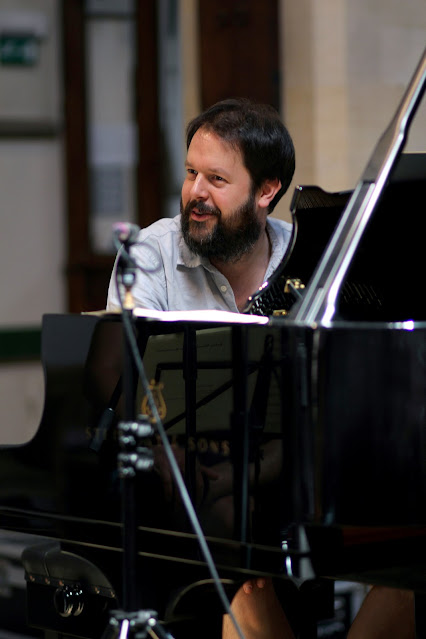
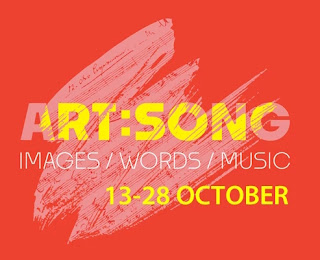




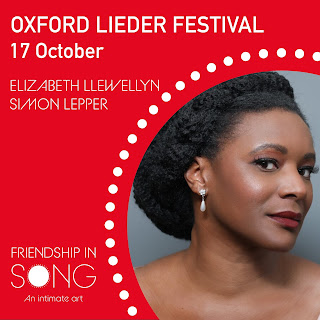


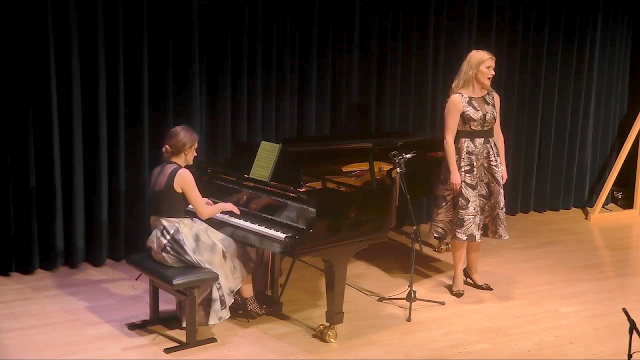

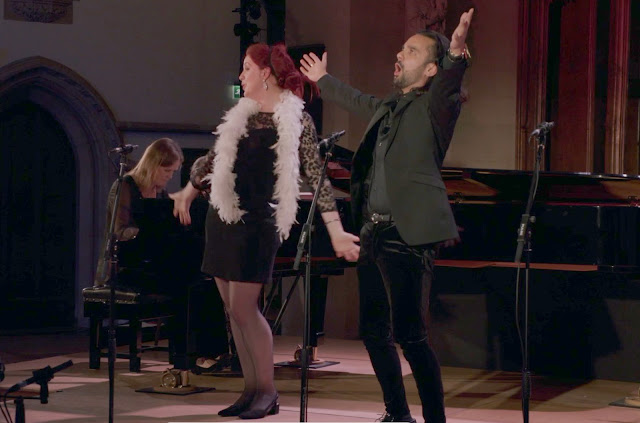



.jpg)

.jpeg)





.jpeg)